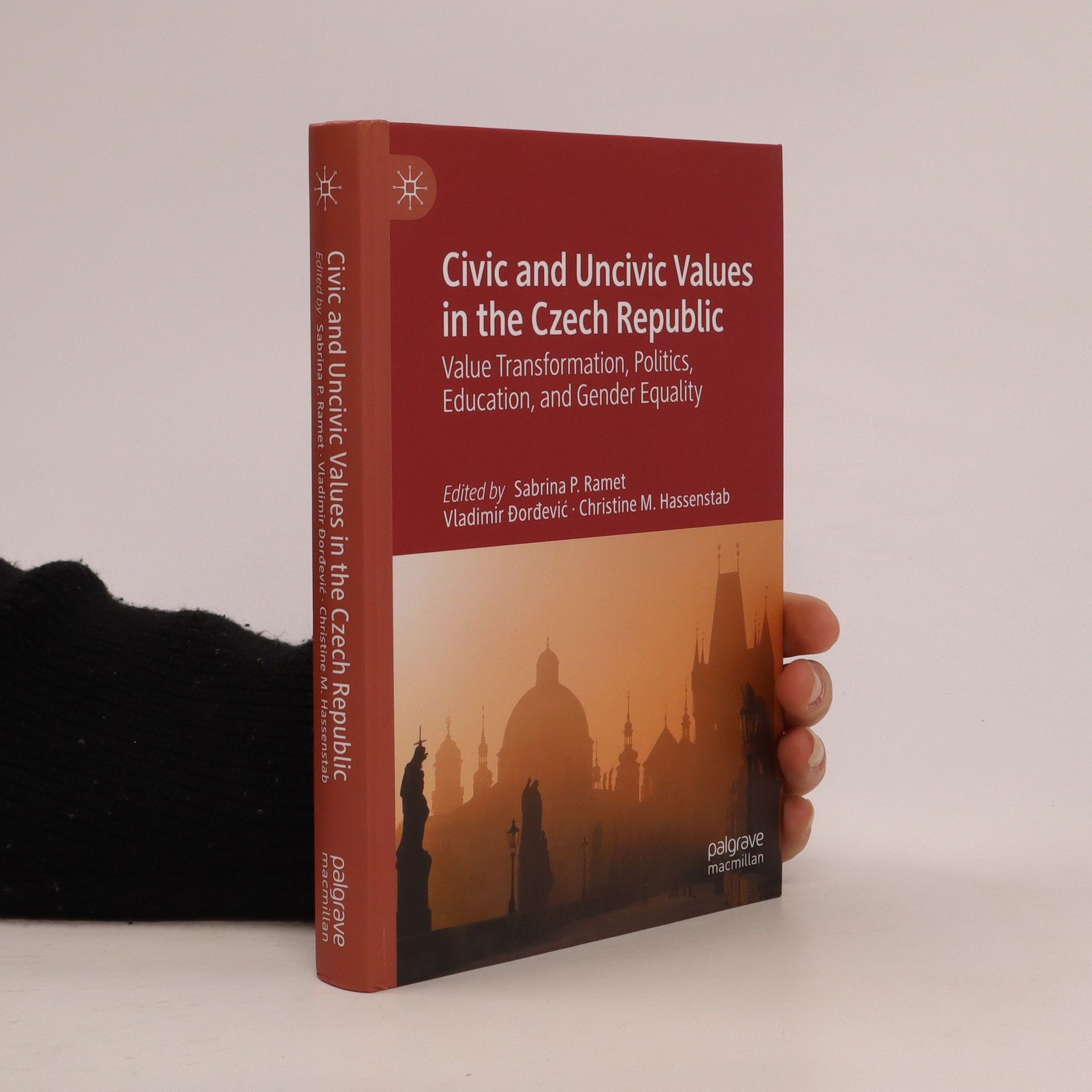This book considers the state of Czech democracy, following the rise of authoritarian regimes in Poland and Hungary and the ascent of billionaire oligarch Andrej Babiš to the office of prime minister of the Czech Republic, leading to concerns about conflict of interest. The authors argue that civic values, such as tolerance, respect for the equality of people, and readiness to play by the rules of the political game, are key factors in determining whether the Czech Republic will maintain its democracy in the coming years. The book employs a broad perspective, bringing together insights from political science, sociology, cultural studies, and other disciplines to analyse changes in the democracy of the Czech Republic since 1989, taking into consideration various dimensions of civic values, including politics, gender inequality, film, and the media.
Vladimir Đorđević Livres
